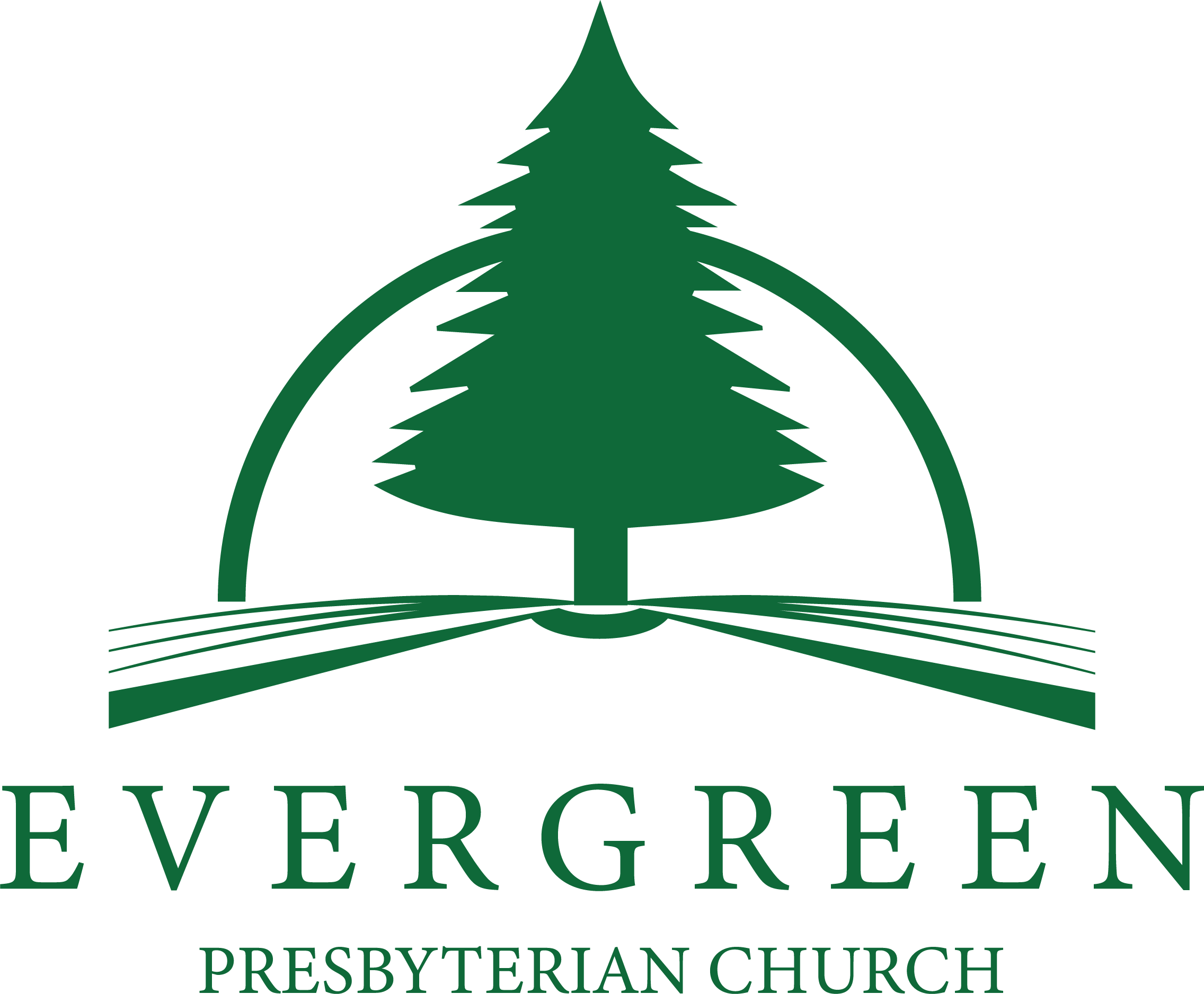Roman Catholicism
1 - Beginner
Salvation, The Bible, and Roman Catholicism
William Webster
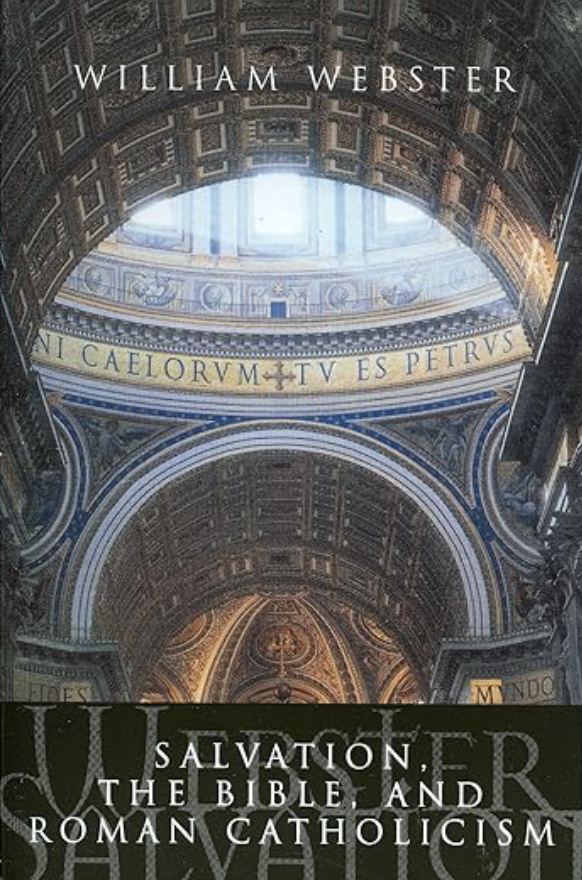
“What must I do to be saved?” This was the question that Jesus was asked. The answer provided by the Church of Rome is very different from the answer provided by the writers of Scripture, argues William Webster. This book is a good place to start with the most fundamental question that a sinner can ask.
1 - Beginner
Are We Together? A Protestant Analyzes Roman Catholicism
R.C. Sproul
A clear and accessible book on the fundamental differences which divide evangelicals and Roman Catholics, this book by Sproul is a good place for someone to begin with wanting to explore this topic.
1 - Beginner
Why Do Protestants Convert?
Brad Littlejohn and Chris Castaldo
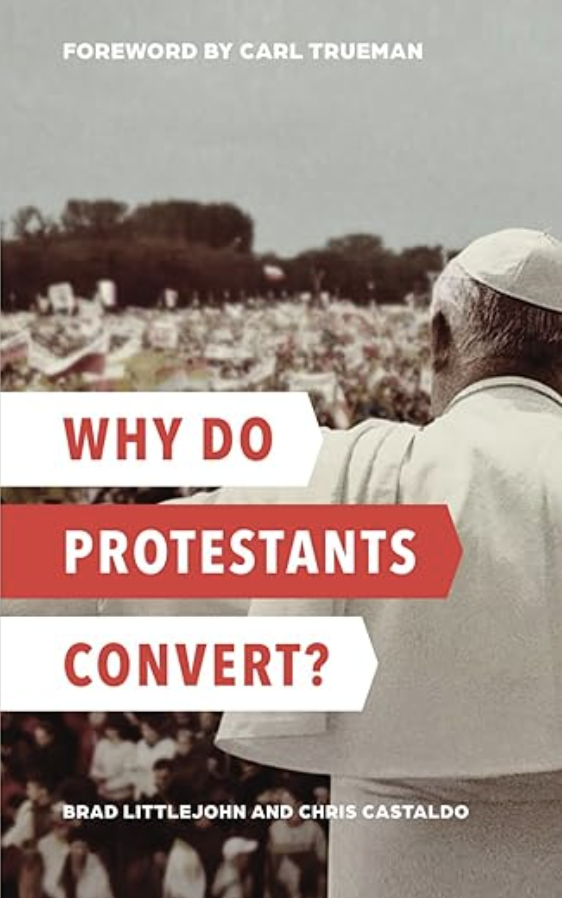
I recommend that Why Do Protestants Convert? be the first thing someone read if they find themselves impacted by either their own or someone else’s desire to go to the Roman church. One of the great strengths of Littlejohn and Castaldo’s book, and the reason I recommend reading it first, is that it is short but packed with quick, helpful, pastoral dynamite that might lead the reader to other relevant areas of study. At only about 100 pages, it is not intimidating, and is an easy read. The authors look at nine motivating factors that drive some to Rome, and offer the beginning sketches of an answer to them. This book does a great job of charitably appraising motives while showing that people will not find what they are looking for in the Roman Church.
1 - Beginner
What it Means to Be Protestant: The Case for an Always-Reforming Church
Gavin Ortlund
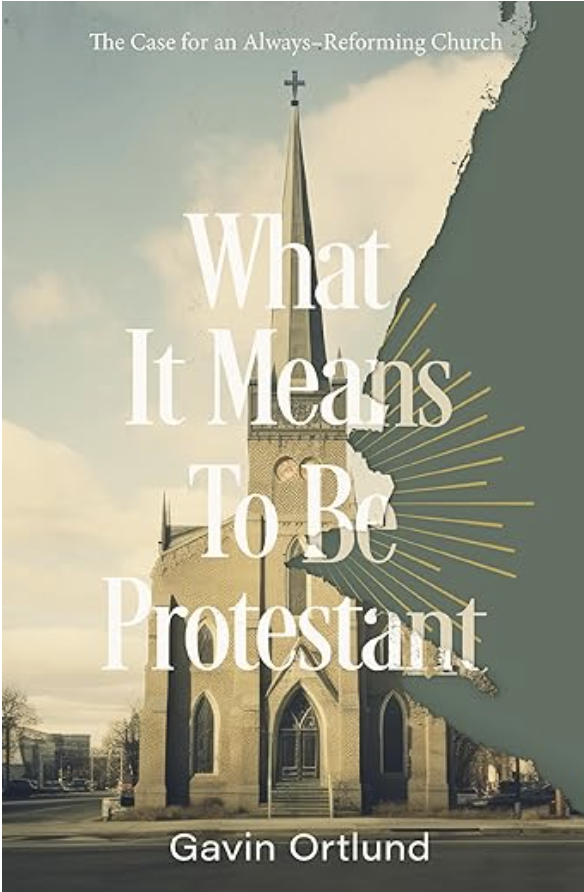
This is a work of Protestant apologetics, and is largely constructed in a positive way so as to lay out the Protestant position and rationale, contrasting it with the claims of Rome. One reason I appreciate this book so much is that it represents more recent attempts at a “retrieval” perspective on the Reformation. Rather than simply arguing that Rome’s gospel is not in line with Scripture, Ortlund is at pains to produce example after example from the early church fathers showing that it was not the Reformers who were innovators who brought their own ideas into the church. Instead, it was the Roman Catholics whose pronouncements and anathemas often had no basis whatsoever in church history. The final two chapters of the book offer a case study in the innovations of Rome, offering two more in-depth examples: the bodily assumption of Mary, and the veneration of images. Ortlund draws from Church Fathers, but even from Roman Catholic writers to show that neither of these doctrinal positions in Rome had any support whatsoever in the first 500 years of church history. They were entirely unknown, and in fact were contradicted. Often it is believed by some going to Rome that by going to Rome they are embracing the true historical church. In fact, Ortlund persuasively argues that in fact the Protestant tradition in its most robust incarnation represents a true and healthy return to antiquity. This book ends with a fair and helpful appeal to those considering a move from one Christian tradition to another.
2 - Intermediate
Roman Catholic Theology and Practice: An Evangelical Assessment
Gregg R. Allison
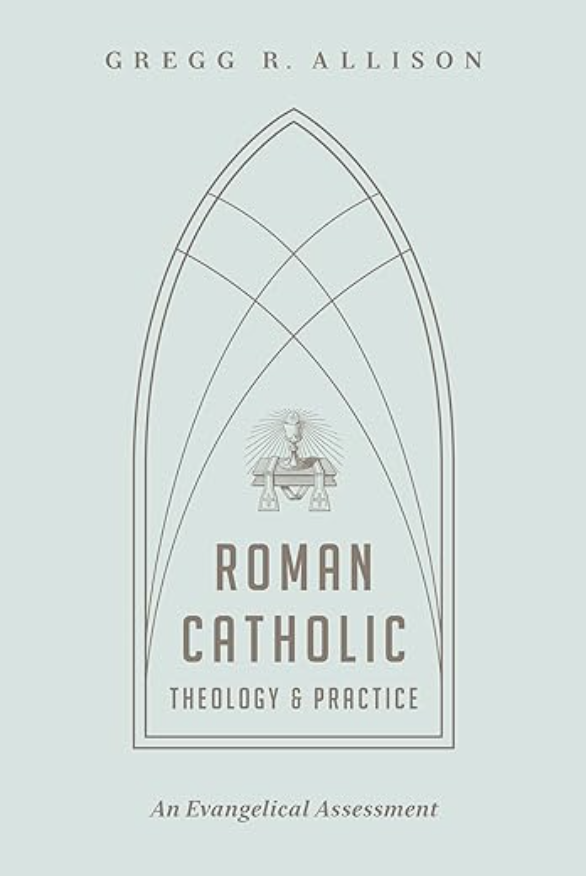
Gregg Allison helpfully walks through the official Catechism of the Catholic Church, summarizing the theology and doctrines of the Roman Catholic Church. He also evaluates these doctrines based on both Scripture and the teachings of the church fathers. Many books from Reformed writers on Roman Catholicism are talking about it in its pre-Vatican II form. Allison has done a great service of engaging with Post Vatican II Roman Catholicism here.
3 - Advanced
Reformation as Renewal: Retrieving the One, Holy, Catholic, and Apostolic Church
Matthew Barrett
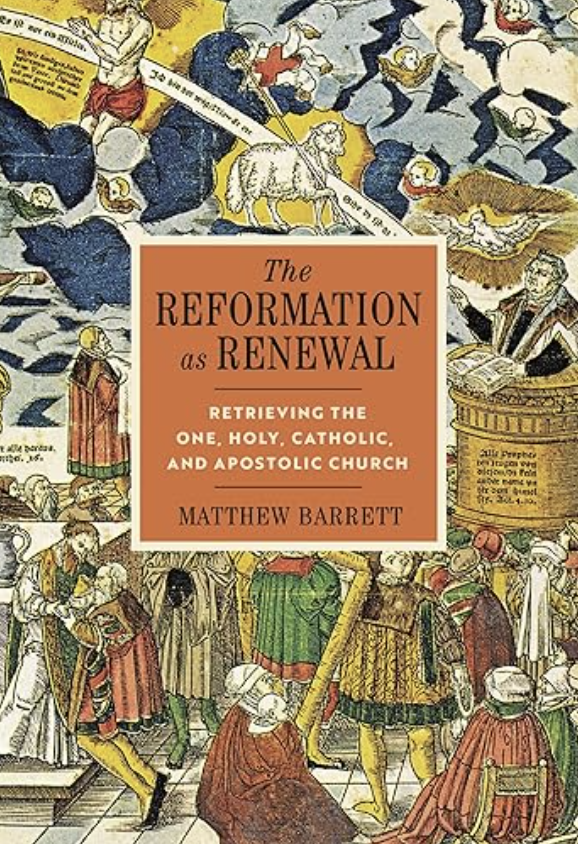
A positive and constructive book rather than a polemic against Roman Catholicism, this book is big and impressive in its scope. Matthew Barrett here argues persuasively that the Reformers were very self-consciously not starting a new church, nor were they innovating on anything that came before. Rather, they argued consistently and persistently that it was the Roman Catholic church which introduced unknown innovations into the church, and they drew upon the Early Church Fathers, all the way up through the Middle Ages to make their case. In the end, Barrett concludes, those following the Pope were certainly Roman, but not catholic. Instead, the Reformers were the true catholics. Barrett’s book isn’t perfect, and it does rely heavily on secondary sources in some places, but the book still argues well for an important thesis that will shape the way many Christians think about their own place in the history of the church.
